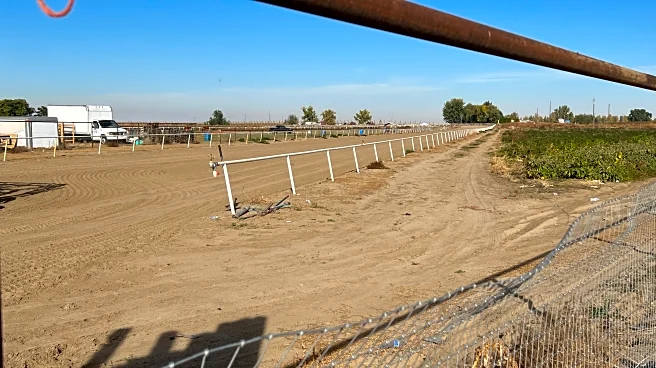What's Happening?
The construction industry is facing challenges due to fluctuating tariffs, labor shortages, and supply chain disruptions, leading to widespread adoption of material price escalation clauses in contracts. Lisa Stalteri, a partner at Lathrop GPM, highlights the importance of effective project management and risk allocation in large, multiyear projects. The construction manager at risk delivery method is emphasized as a way to manage costs and risks effectively. Material price escalation clauses allow contractors to request change orders if significant price changes occur, often tied to a threshold percentage increase. These clauses are negotiated based on project-specific needs rather than industry trends.
Why It's Important?
The adoption of material price escalation clauses reflects the construction industry's response to economic uncertainties, impacting both private and public sector projects. Owners who proceed with projects have a strong bargaining position, but fluctuating tariffs and labor shortages pose challenges. The balance of risk between owners and contractors is shifting, with some owners focusing on successful project delivery rather than a zero-sum approach. This shift could lead to more stable construction projects and potentially reduce the risk of defaults and insolvency.
What's Next?
As the construction industry navigates these challenges, stakeholders may need to reevaluate project economics to determine the feasibility of starting or delaying construction. The focus on creditworthiness and track record of contractors may increase, influencing future contract negotiations. The industry may continue to adapt contract terms to better allocate risks and ensure successful project completion.










